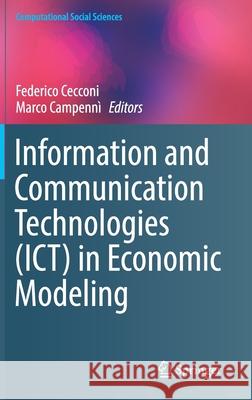Information and Communication Technologies (Ict) in Economic Modeling » książka
topmenu
Information and Communication Technologies (Ict) in Economic Modeling
ISBN-13: 9783030226046 / Angielski / Twarda / 2019 / 198 str.
Information and Communication Technologies (Ict) in Economic Modeling
ISBN-13: 9783030226046 / Angielski / Twarda / 2019 / 198 str.
cena 442,79
(netto: 421,70 VAT: 5%)
Najniższa cena z 30 dni: 424,07
(netto: 421,70 VAT: 5%)
Najniższa cena z 30 dni: 424,07
Termin realizacji zamówienia:
ok. 22 dni roboczych.
ok. 22 dni roboczych.
Darmowa dostawa!
Kategorie:
Kategorie BISAC:
Wydawca:
Springer
Seria wydawnicza:
Język:
Angielski
ISBN-13:
9783030226046
Rok wydania:
2019
Dostępne języki:
Numer serii:
000471981
Ilość stron:
198
Waga:
0.46 kg
Wymiary:
23.39 x 15.6 x 1.27
Oprawa:
Twarda
Dodatkowe informacje:
Wydanie ilustrowane











